Nutrition Principles for Physique and MMA Athletes
Next Level Podcast with Host Tavis Piattoly, MS, RD, LD
Jimmy Smith, MS, CSCS
A recognized leader in the field of human performance and offers a unique blend of cutting edge nutrition and training information to his elite athletes and clients. As a author, speaker and coach, Jimmy has helped professional and elite athletes in 6 different major sports and recreational athletes reach a higher level of performance and physique development including strategies for safely cutting weight and managing body composition.
Jimmy has been a guest on ESPN Radio, ABCNews.com, CBSSports.com and in Men's Fitness and Men's Health magazines and his best-selling book, The Physique Formula, has helped hundreds of athletes and health enthusiasts attain leaner and healthier physiques . Jimmy is also an athlete himself, having played high level of college basketball, and he continues to use himself as a human performance experiment in order to give his athletes the legal and natural edge to become champions.
In this podcast you will learn:
- What made Jimmy want to work in the field of strength, conditioning, and nutrition?
- Who was the first known athlete that approached him about helping them change their diet?
- What makes the MMA athlete a little different than a football or baseball player or is there a difference in the approach?
- What are the nutritional biggest challenges an athlete struggles with the most when trying to lower their body fat?
- What 3 key nutrition principles are a must when someone is trying to improve their body composition?
- If there a specific macronutrient ratio he develops for each individual (i.e. based on body type, goals, body composition)?
- Does he change calorie requirements or macronutrients based on the volume of training of his clients?
- Safe strategies to help athletes make their fighting or performance weight.
- Supplement safety and education before designing a comprehensive supplement plan.
- What specific supplements he recommends for athletes or individuals who are trying to reduce body fat?
Links and Resources Mentioned in This Episode
- Twitter: @jimmysmithtrain
- Website: physiqueformuladiet.com
Podcast Transcript
0:25 Welcome by Tavis Piattoly
1:54 Introduction to Jimmy Smith
- Has a masters degree in Exercise Movement & Movement Science.
- Jimmy is a Certified Strength and Conditioning Specialist.
- A recognized leader in the field of human performance.
- He is an author, speaker and coach who has helped professional and elite athletes reach a higher level of performance and physique development.
- Jimmy has been a guest on ESPN Radio, ABCNews.com, CBSSports.com and in Men's Fitness and Men's Health magazines.
- His best-selling book, The Physique Formula, has helped hundreds of athletes and health enthusiasts attain leaner and healthier physiques.
4:08 What made Jimmy want to work in the field of strength, conditioning, and nutrition?
- I had an ankle injury in my freshman year playing collegiate basketball.
- I was dissatisfied with the therapy that I received from the athletic trainer at my school.
- That injury spurred me to read as much as I could about strength and conditioning, nutrition and exercises to rebuild stability in the ankle.
- After college, I had my own business working as a personal trainer, but I needed another avenue and I knew nutrition was it. I wanted to make myself healthier and to get better results from my clients.
7:10 Who was the first known athlete that approached him about helping them change their diet?
- Andrew Penner, ice hockey goalie for the Boston Bruins (at the time).
- His trainer found me online, read some articles and referred Andrew Penner to me as a client for nutrition.
- It was an eye-opening experience because I had the theory that professional athletes ate great. After working with athletes for a while, I found out that they are just like you and me.
8:47 What makes the MMA athlete a little different than a football or baseball player or is there a difference in the approach?
- MMA athletes are a little different breed, I need to be a little more hands-on with them.
- MMA athletes train for 4-5 hours per day, whereas football and baseball players might train for 2-3 hours a day.
- MMA athletes do so much high intensity training that they are overtraining themselves.
- As a result, we have to adjust the nutrition approach with them.
10:18 What are the nutritional biggest challenges an athlete struggles with the most when trying to lower their body fat?
- Patience.
- During our 12 week camps, we’re going to lose 2-3lbs per week.
- Losing weight is a slow process.
- Athletes are still afraid of carbohydrates.
- When we do a certain amount of high intensity activity, we need to have a certain amount of carbohydrates to recover.
- Carbohydrates provide nutrients and health benefits.
12:02 What 3 key nutrition principles are a must when someone is trying to improve their body composition?
- Eat real whole foods
- Build habits
- You can give an athlete the cleanest diet in the world, but if they don’t or can’t follow it, you’re not going to get results.
- Have a little fun and enjoy what you eat.
14:58 If there a specific macronutrient ratio he develops for each individual (i.e. based on body type, goals, body composition)?
- Three questions I ask myself:
- Who is the athlete?
- What are their goals?
- How long do we have to achieve that goal?
- Depending on the time frame, we can go slow, take less risks, and develop a plan.
- Macronutrient ratio factors:
- Age
- Gender
- Height (Huge factor)
- Metabolic rate will be different; hormones are different to a degree
- Weight (the amount of muscle mass versus fat that they carry)
- Protein: Generally, I will recommend 1.2-1.4g/lb of body weight per day.
- Fat: 32-40g of healthy fat throughout the day (nuts, fish oil).
- Carbohydrates: I don’t have a blanket recommendation
- Generally speaking, I will not put anyone under 130g per day depending on their goal.
19:39 Does he change calorie requirements or macronutrients based on the volume of training of his clients?
- The more volume, the more need for carbohydrate because the athlete is doing extra work and depleting muscle glycogen more.
- Increase protein for muscle repair.
- At the end of the day, to gain muscle mass, it’s about the calories they are taking in.
21:05 Safe strategies to help athletes make their fighting or performance weight.
- If we cannot get the athlete to about 12-14lbs of their pre-fight weight 48 hours before they fight, then we are doing something wrong.
- Lose weight by pulling out muscle glycogen, lose water volume (from not eating certain carbohydrates or drinking water) and doing other electrolyte manipulation.
- Strategy wise, we need to not try to do things too soon before a fight.
25:03 Supplement safety and education before designing a comprehensive supplement plan.
- I ask for a list of what the athlete is currently taking, and then cross stuff off.
- No supplements with a secret formula, etc.
- Arginine and leucine are fine.
- I am a proponent of:
- Omega-3 fish oil, magnesium, zinc, a multivitamin and whey protein
- Eat whole based foods
30:20 What specific supplements he recommends for athletes or individuals who are trying to reduce body fat?
- I’m a fan of high dose Omega-3 fish oil: 6-9g
- Improves insulin sensitivity.
- It helps our bodies essentially take those carbohydrates and make us more spongy to them to a large degree.
- R-ALA (R-Alpha Lipoic Acid)
- Shown to improve insulin sensitivity.
- Anti-oxidant
- Has the ability to help our body recycle vitamin C.
- Large dose bolus of 200-300mg one time per day, or depending on goals, 100mg 2-3 times a day with a carbohydrate meal.
- Cinnamon, chromium, magnesium, zinc all impact insulin sensitivity.
- Curcumin (low bioavailability)
- Anti-inflammatory
- Resveratol
- Anti-inflammatory
- Insulin sensitivity
35:32 Closing remarks from Jimmy
- Keep an open eye on the research.
- Don’t necessarily believe what you read.
- At the end of the day, it’s about what you put into your mouth and how you train.
- You can find me at:
- Twitter: @jimmysmithtrain
Website: physiqueformuladiet.com
Download Infographic
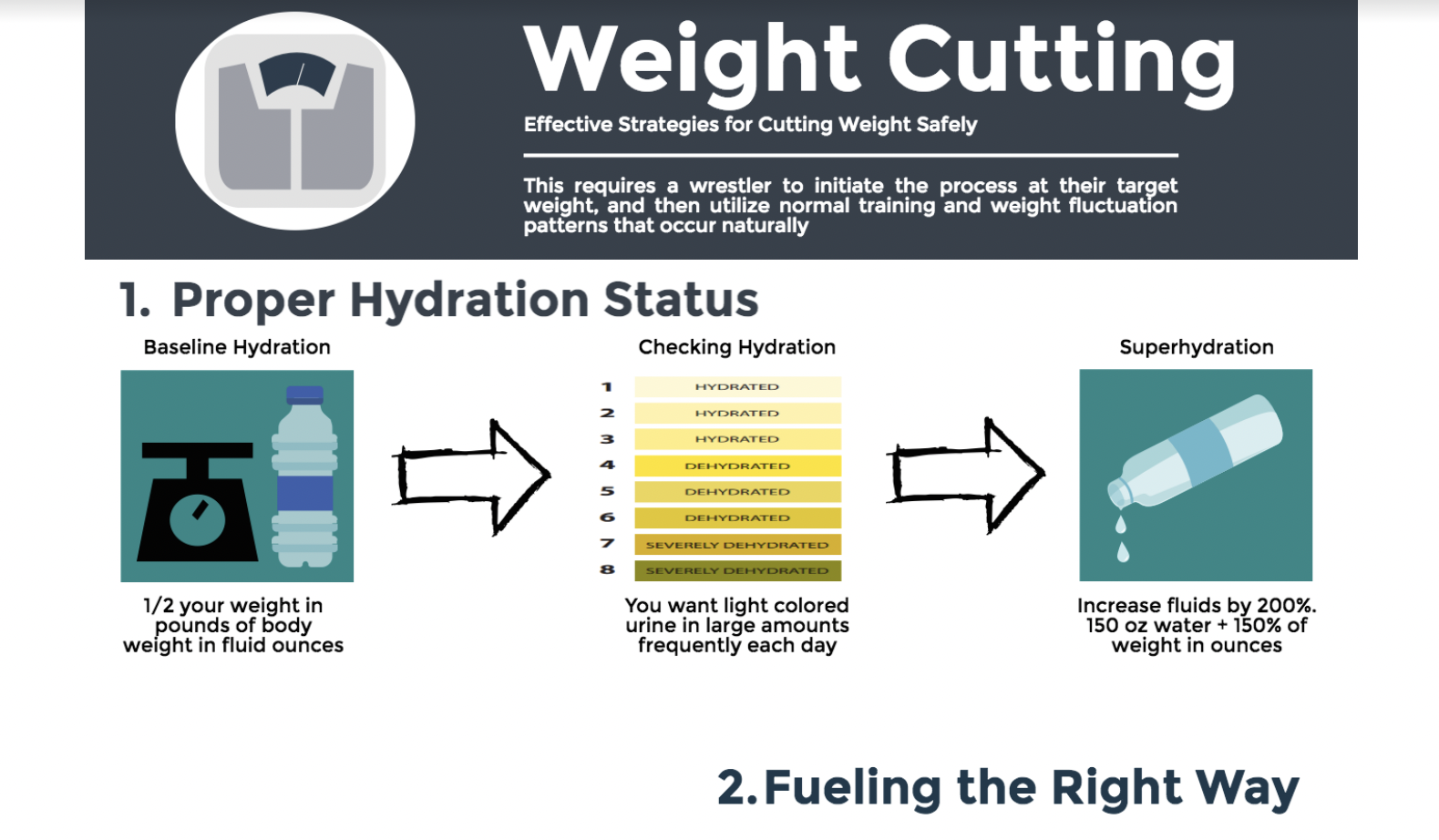


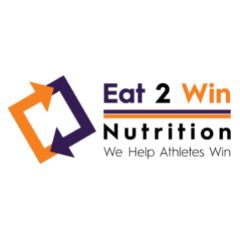
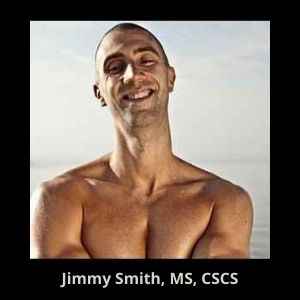
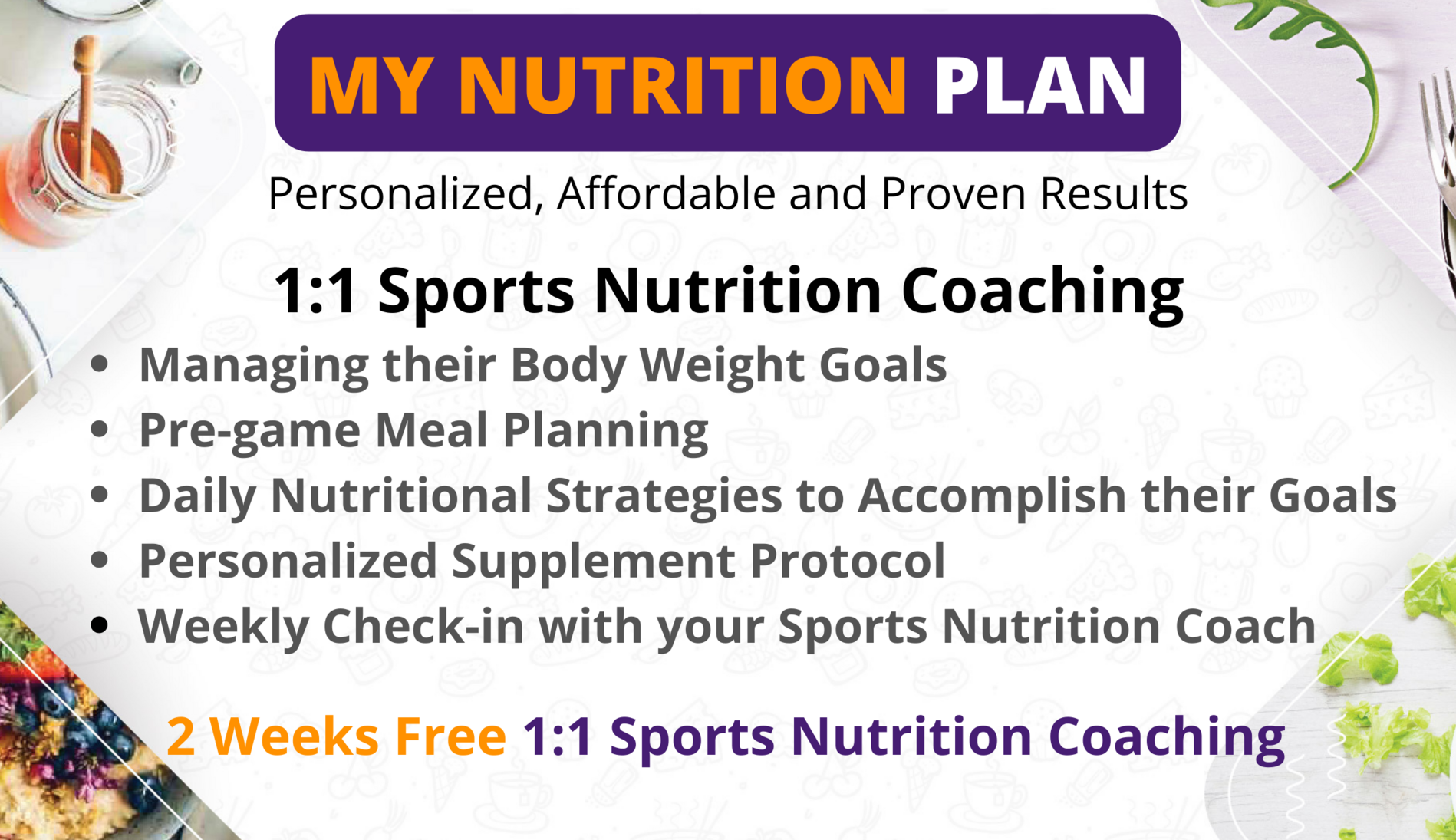


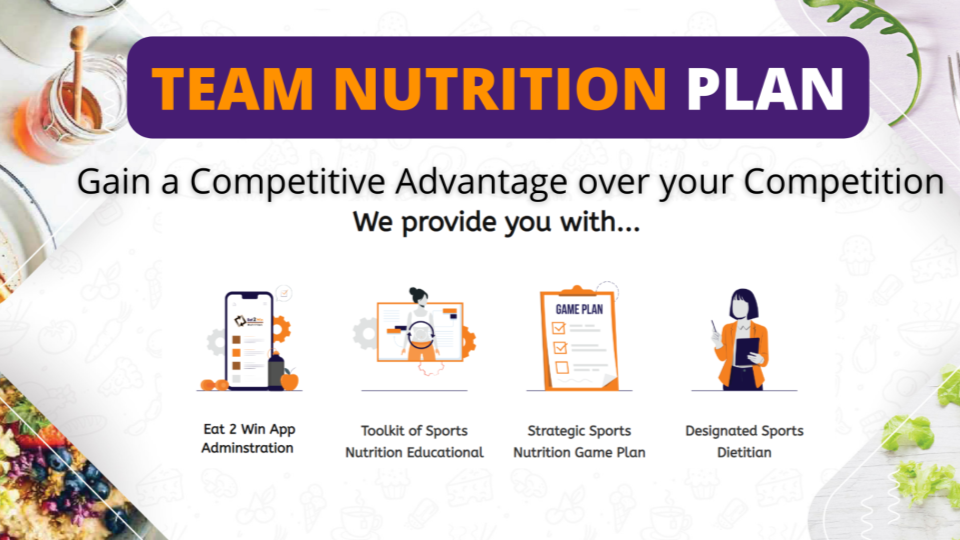
Facebook comments